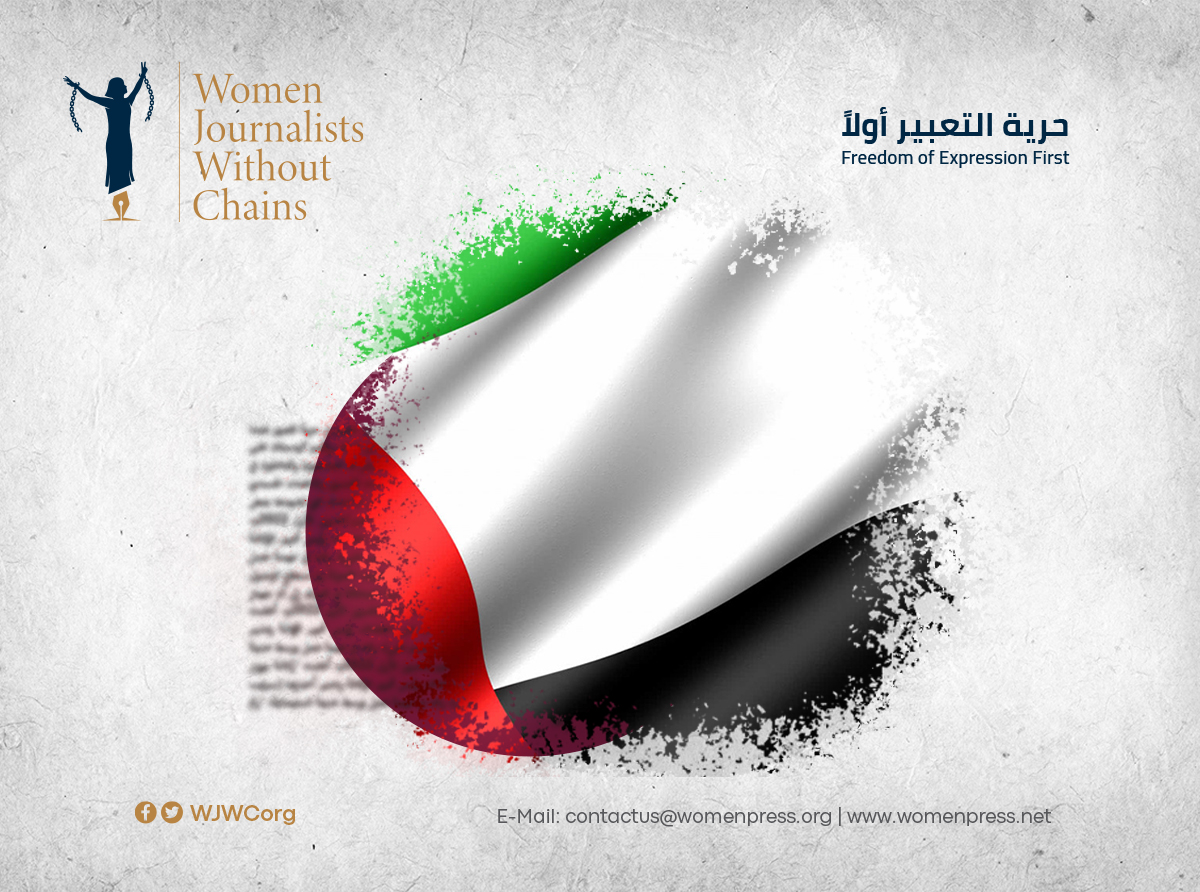A recent study by Women Journalists Without Chains (WJWC) has revealed that official and non-official media outlets in Yemen have become platforms for triggering waves of hostility and sectarianism and other fronts of conflict in which each party scores his field victories at the expense of issues of people.
The study prepared by Wadah Abdul Jalil under the title “Space Narrows, Horizon Recedes” pointed out that only poor media coverage is now being given to Yemenis whose suffering is hardly dealt with without sharp political exploitation by these media outlets, which always hold certain opposition parties accountable for causes and consequences, and abuse this suffering solely for political purposes.
According the the study, the media present the ongoing problems and conflicts as a political game, and deal with events and repercussions as a propaganda, without relying on the facts, in addition not to convey the voice of the public. All this has made these media ineffective.
Since September 2014, developments of events have put the Yemeni media in the flaming front line, the study continued.
“After all the accumulations of Yemeni politics were destroyed, the process of change, which was crowned by popular uprising in 2011, was undermined, and a new authority known as the de facto authority was formed as a result of rapid developments, the media and press in Yemen were one of the most targeted aspects of life, and were greatly affected in terms of nature, structure, performance and impact”, stated the study.
It was also stressed that severe restrictions imposed on non-government media outlets loyal to the coup’s opponents by the Houthis led to the space of media freedom receding, after the media opening witnessed in the period after the popular uprising in 2011. Only the one-voice media was left in the scene especially after the media began to search for alternatives in areas not under the coup’s control.
To promote rights and freedoms, the study recommended supporting peace as t a basic right for all citizens from different backgrounds by using different means of dialogue, by encouraging foreign investments, development projects and infrastructure services.
The current situation requires careful analysis of the need of the media to promote justice for all, building peace, adopting plans to counter extremism in the media, establishing a monitoring body for extremist content, combating media that incite extremism and hatred and allocating media spaces on peace, coexistence and tolerance, suggested the researcher.

 En
En  Ar
Ar 




